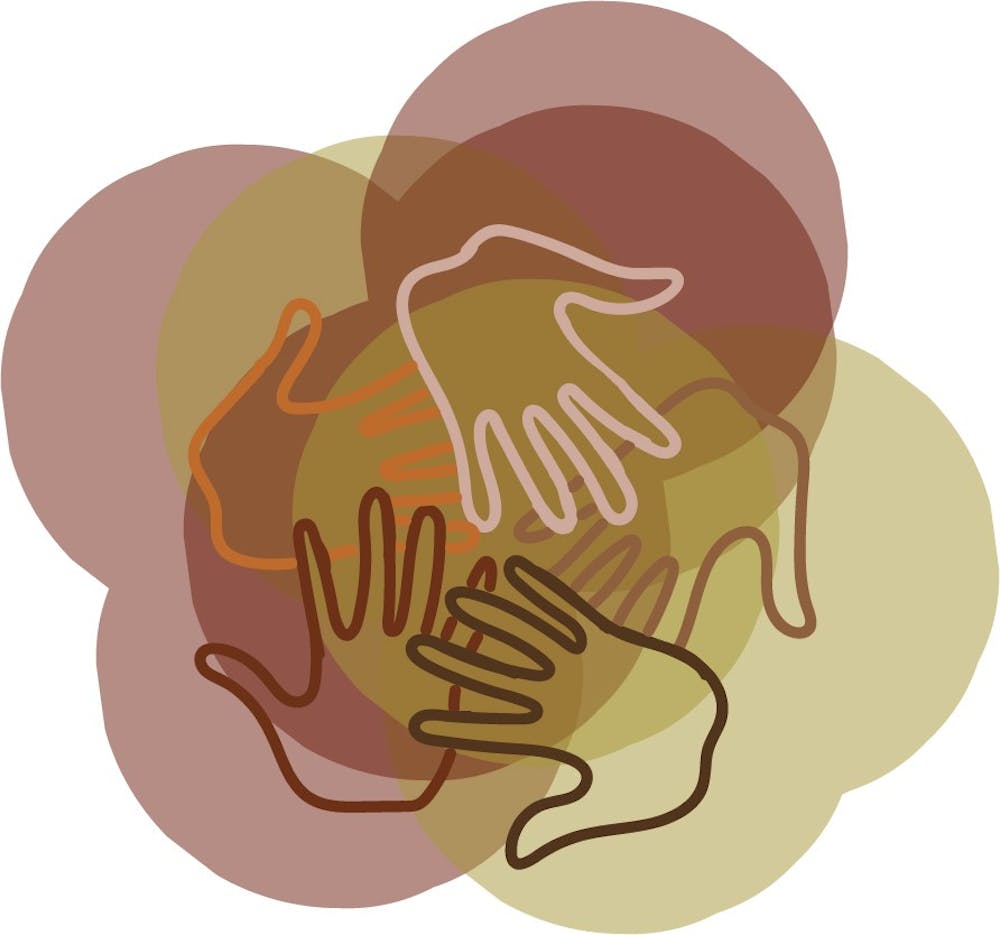Diversity is important because it encourages dialogue on the numerous identities that exist within a group. Inclusion is crucial because it describes the action of including people within a group. But including people or diversifying a campus does not guarantee cross-cultural intermingling — which is most important for campus growth.
Methods to promote diversity and inclusion have been controversial. For instance, ongoing disputes over affirmative action for college admissions emphasize the need for college recruitment strategies that target underrepresented groups. But what happens after students are admitted? How do they socialize to foster diverse communities?
Here’s our answer: there should be a greater push for cross-cultural intermingling once students arrive at Elon.
Multicultural centers like the Center for Race Ethnicity and Diversity Education and El Centro de Español are safe spaces that create a sense of belonging among minority students. But insulating people from outside noise can deter students from strengthening relations with the various identities on our campus. Doing so may increase self-segregation among groups or propagate diversity silos, where students may be reluctant to engage with different organizations or people of backgrounds that differ from theirs.

But what is more significant is the strident banter that can arise from cross-cultural mingling. When students who do not identify with a particular cultural organization attend one of their events, they may not know how to interact or interpret what they learn at the gathering. Discomfort can lead to aggressive behavior, which does not encourage growth or foster mutual understanding. Also, this discomfort should not permit prejudice and discriminatory behavior. We should all agree that hurling discriminatory epithets is always unacceptable.
We are not arguing that cultural centers or programs should no longer exist. We are arguing for further development of programs like Intersect: Diversity and Leadership Conference — a one-day conference held in November where students can engage in dialogue to create positive change — that encourage all cultural groups to collaborate and intermingle. But, more importantly, we’re encouraging you, members of the Elon community, to go outside your comfort zone and attend events that emphasize topics you would not typically pay attention to.
The goal is to understand someone else’s perspective rather than assume you understand their reality. But your attendance at these programs should not be singular events that occur once a year. You should attempt to understand someone else’s perspectives by attending multiple events where you will have difficult conversations.
Amid controversy surrounding immigration policies and discrimination against vulnerable populations, we, now more than ever, need civil spaces to address uncomfortable issues affecting our campus.
One strategy to promote constructive conversations is fostering intergroup-dialogue — a framework through which students of different demographic groups work together in a semester-long course to discuss topics and work together on a project. Application of this strategy does not have to be strictly academic: organizations at Elon can offer events that encourage different groups to interact over a meal. For example, the peer education health and wellness group, SPARKS, can collaborate with the Latinx-Hispanic Union for an event. Other schools have similar programs that have been effective.
These ideas are not beneficial if no one is willing to make them happen. We need students, and especially students who do not identify with minority demographic groups related to race, ethnicity, sexual orientation or religion on campus, to enter spaces where they may be uncomfortable.
Consider attending an event held by the Latinx-Hispanic Union, the Black Student Union and other multicultural groups. Engaging in respectful dialogue with someone who differs from you will expand your perspective and understanding of someone else’s experience. And isn’t that what college is for?


